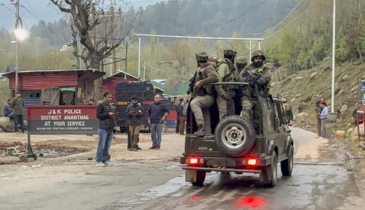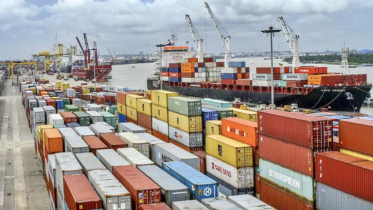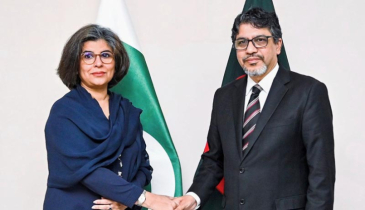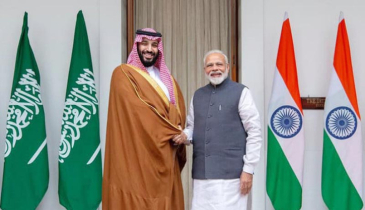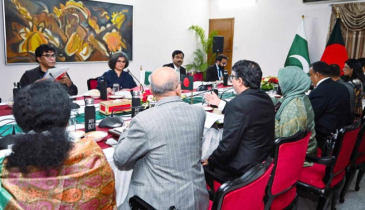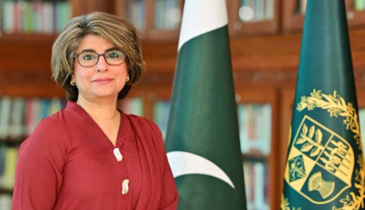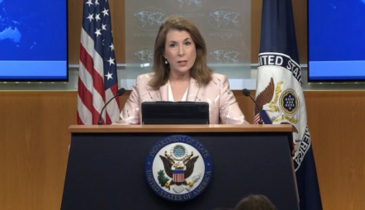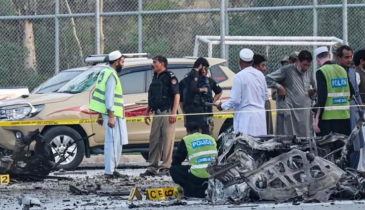Indian Opposition parties hold talks to take on PM Modi
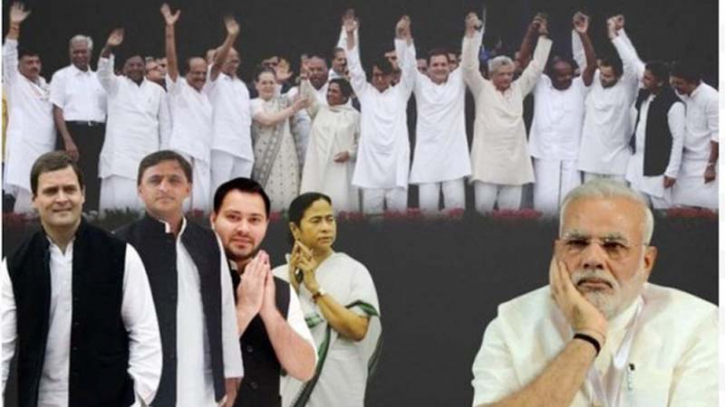
Leaders from 26 Indian opposition parties are convening to strategize and form a cohesive plan to take on Prime Minister Narendra Modi's party in the upcoming general election, scheduled for the following year.
Prominent figures in the opposition, including Sonia Gandhi of the Congress party and Arvind Kejriwal, the Chief Minister of Delhi, are actively participating in the discussions.
During this two-day meeting held in Bengaluru city, located in the southern state of Karnataka, the opposition leaders are expected to address critical matters like seat-sharing - determining the number of seats each party would contest - and formulating a unified agenda for the upcoming election.
One of the primary aims of the meeting is also to appoint a leader for the coalition, giving a face and direction to the diverse group of parties joining forces against the ruling party.
However, the task of challenging the Bharatiya Janata Party (BJP), which secured more than 300 seats out of 543 in the Lok Sabha (the lower house of India's parliament) during the 2019 elections, presents a formidable challenge for the united opposition.
The BJP currently governs approximately 15 states, either independently or as part of coalitions, out of India's 28 states and eight federally administrated territories. Additionally, the party holds a strong financial position, being the wealthiest political party in India with a declared income of 19.17 billion rupees ($233.67 million; £178.4 million) during the financial year 2021-22.
Moreover, a significant advantage for the BJP lies in the immense popularity of Prime Minister Modi, who has been successful in swaying voters, even those who may have supported other parties in state-level elections.
In parallel, the BJP-led National Democratic Alliance is also scheduled to hold a meeting with its 38 allies in Delhi on Tuesday, as they gear up for the impending electoral battle.
As the political landscape takes shape, these crucial meetings on both sides aim to set the stage for an intense and closely contested general election in the world's largest democracy.
.png)


